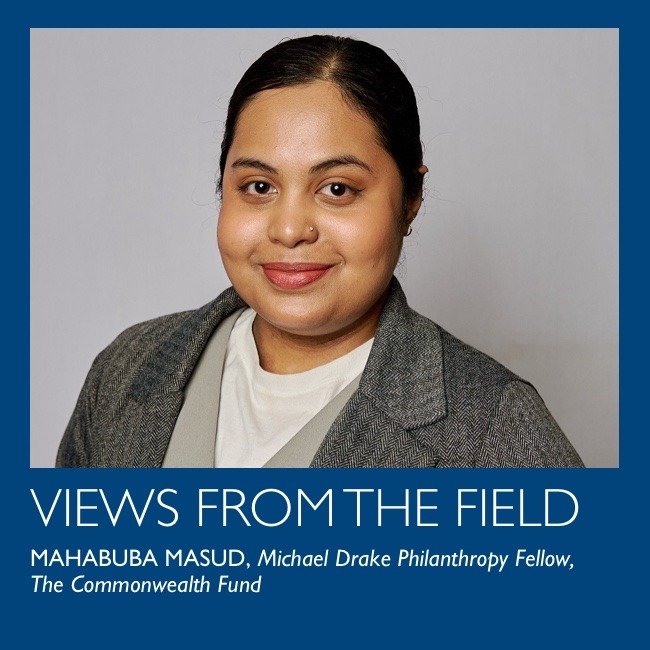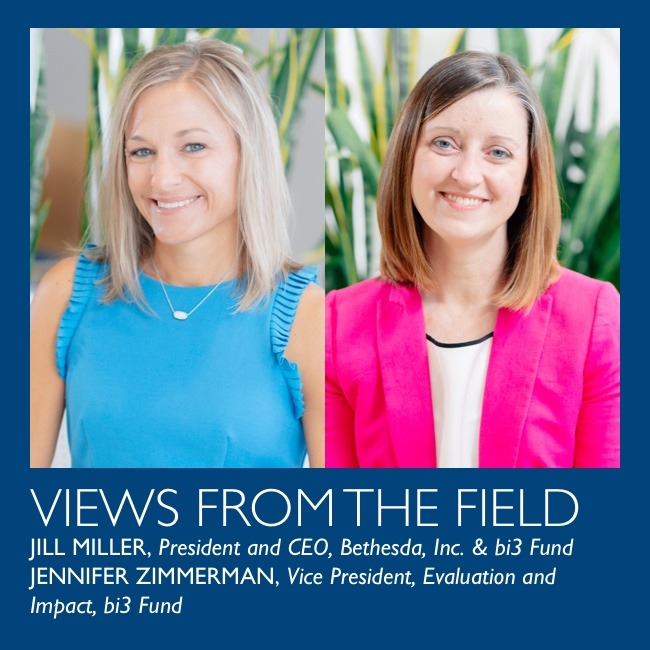To Improve Youth Mental Health, Funders Must Center Youth Voices
As youth mental health challenges continue to grow nationwide, a new initiative in Greater Cincinnati believes transformational change begins when youth are empowered to lead.
Behavioral Health in the Balance: Navigating the Impact of the 2025 Budget Reconciliation Act
Medicaid is the single largest payer for behavioral health services and is increasingly responsible for substance use disorder reimbursements. In July 2025, H.R.1 was signed into law containing an estimated $1 trillion in Medicaid cuts over 10 years, resulting in almost 15 million people losing health coverage, according to Congressional Budget Office estimates. The pressure on states to cut spending is immense, and behavioral health services will not be immune. GIH discussed the behavioral health implications of H.R.1 and opportunities for funders to get involved now. Bill Smith and Angela Kimball from Inseparable summarized H.R.1 from a behavioral health perspective. Neel Harja and Sarah Wasil from Michigan Health Endowment Fund and Itai Dinour and Hazel Guzman from Carmel Hill Fund provided examples of how funders are responding to this challenging situation. Funders left the webinar with actionable ideas to protect access to behavioral health services in their states.
Georgia Health Initiative: September 2025
A new report, “Progress Towards Vitality: A 10-Year Retrospective Analysis of Systems Focused Efforts to Improve Maternal Health in Georgia,” analyzes a subset of recommendations put forward by the Georgia Maternal Mortality Review Committee (MMRC) and the Georgia House Study Committee on Maternal Mortality to improve maternal mental health in the state.
REACH Healthcare Foundation and United Methodist Health Ministry Fund: May 2025
The United Methodist Health Ministry Fund and REACH Healthcare Foundation recently partnered with experts from Manatt Health to shed light on the potential impacts of $880 billion in cuts to the Medicaid program on Kansas.
Lucile Packard Foundation for Children’s Health: May 2025
The Lucile Packard Foundation for Children’s Health released a report titled “No Place to Hide: Children Will be Hurt by Medicaid Cuts” that outlines the federal proposals of Medicaid funding reductions and explains the implications of those proposals on children and families.
Funder Approaches to Addressing the Critical Connection Between Youth Mental Wellness and Financial Wellness
Curious about the connection between mental well-being and financial security during adolescence and young adulthood?
According to the National Alliance on Mental Illness, most mental health conditions are diagnosed during the same life stage when young people are building the skills and accessing opportunities that shape their financial futures. Mental and financial well-being are deeply interconnected—each influences and reinforces the other.
When young people experience mental wellness, they’re better equipped to manage money, handle stress, make informed decisions, and seek help when needed. At the same time, financial security reduces one of the most common sources of stress that can contribute to anxiety, depression, and other mental health challenges. Yet, despite these strong linkages, funders often treat mental health and financial well-being as separate priorities.
Jane Perkins of the National Health Law Program to Be Honored with the Andy Hyman Award for Advocacy
Jane Perkins, Litigation Director of the National Health Law Program (NHeLP) in Washington, DC, will receive Grantmakers In Health’s 2025 Andy Hyman Award for Advocacy.




